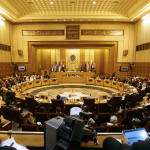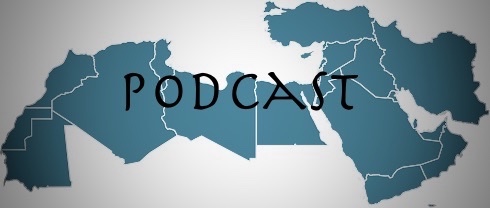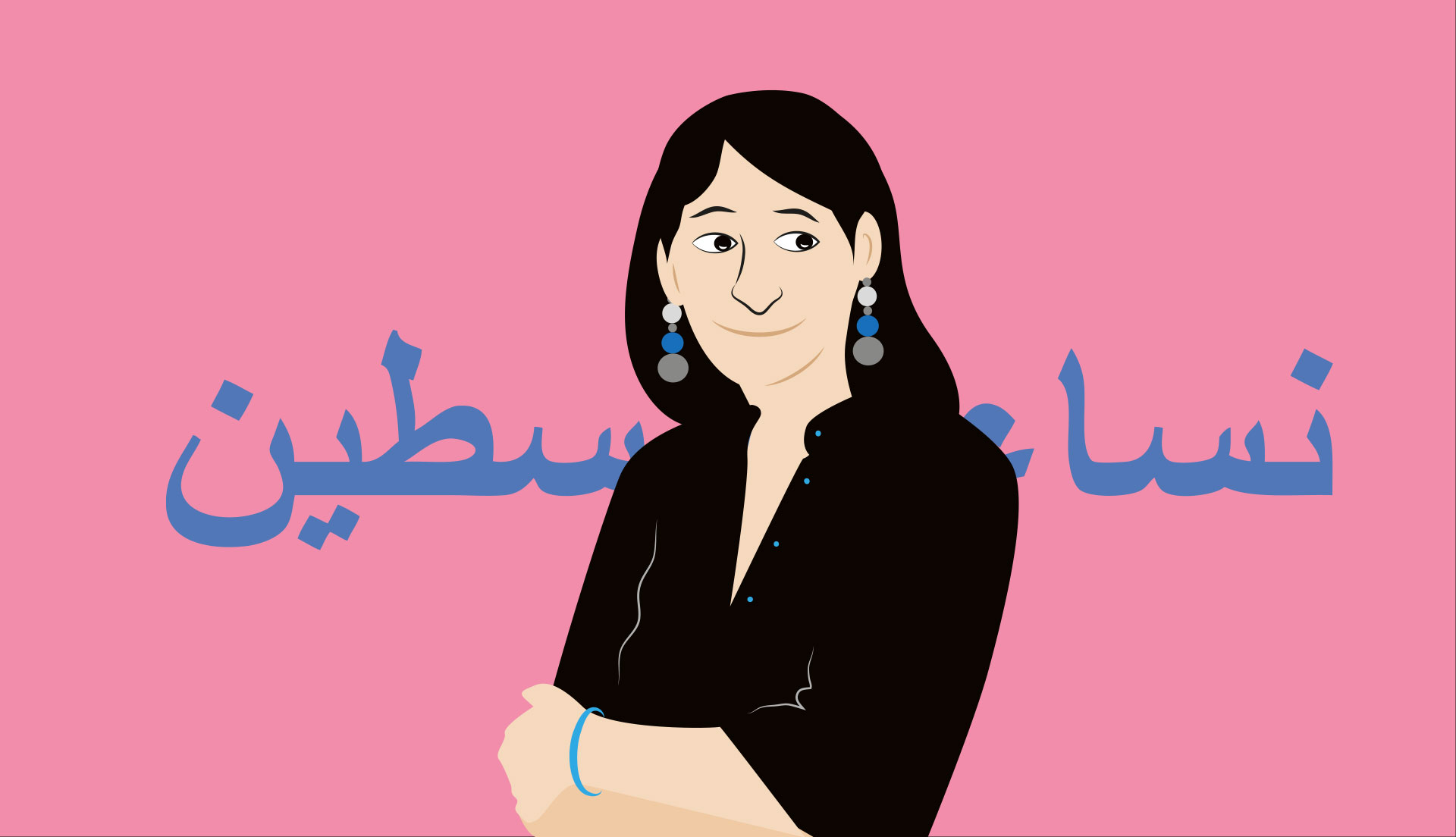The Palestinians are unwelcome in Egypt. Their living conditions have further deteriorated following accusations by the new Egyptian regime that Gaza residents, mainly affiliated with Hamas, are launching “terrorist attacks” inside the country. This situation is reflected by the humiliating treatment Palestinians are being subjected to on both sides of the Rafah crossing
by Hani Ibrahim -Al Bawaba
The Palestinians are unwelcome in Egypt. Their living conditions have further deteriorated following accusations by the new Egyptian regime that Gaza residents, mainly affiliated with Hamas, are launching “terrorist attacks” inside the country. This situation is reflected by the humiliating treatment Palestinians are being subjected to on both sides of the Rafah crossing.
Standing at the junction between the world’s two largest continents Asia and Africa, many Palestinians were denied access at an Egyptian army checkpoint. Soon after, Egyptian intelligence services closed the Rafah crossing, blocking them from returning to besieged Gaza.
Sixty-four Palestinians, who had decided to leave Gaza for various reasons such as receiving healthcare, studying, or renewing a residence permit abroad, were informed by the coordinator of the state of Palestine in Egypt, who spoke to them on board of a “deportation bus,” that they would not be returning to Gaza.
Palestinians stranded on the Rafah crossing, and who belong to neither the coordination committees nor the returned groups, are left with two choices: they are either given a permit to enter Egypt for residency or transit within 72 hours, or they’ll have to wait for eight hours for their turn to be deported to Cairo airport. Yet again Palestinians are left stranded. The story begins in February when the Egyptian government announced that it would open the crossing for three days, giving a small window of reprieve for Palestinians living in Gaza.
Five thousand Palestinians rushed to register, knowing that only 800 of them would be given access. Those who register first would be able to exit Gaza while others will have to undergo return procedures.
A return procedures gives its recipient priority status when the crossing opens again, which would be in about two weeks. Meanwhile, other Palestinians may have a higher chance to leave Gaza if they join “coordination campaigns” that pay large amounts of money to Egyptian intelligence officers as a bribe. The officers would send the registered names to the Palestinian side, represented by Hamas, and would insist that those individuals cross before or at the same time as passengers buses as a precondition to allow other buses to pass. Otherwise, the crossing would be closed down. Sometimes, people affiliated with the committee groups cross in private cars.
A person would have to pay approximately US$ 1500 to the coordination officers to travel. Before the ousting of Mohammed Mursi, it was US$ 500. Hence, on a single day, coordination officers would make at least US$ 70 thousand.
Palestinians stranded on the Rafah crossing, and who belong to neither the coordination committees nor the returned groups, are left with two choices: they are either given a permit to enter Egypt for residency or transit within 72 hours, or they’ll have to wait for eight hours for their turn to be deported to Cairo airport.
These two choices, entrance or deportation, are reached following the refusal of a travel permit for security reasons or to avoid imprisoning a person because it is too hard to transport him inside Egypt. This tragedy is in fact the outcome of the new Egyptian policy toward Palestinians, designating them as “unwelcomed guests due to their involvement in terrorist attacks, alongside the banned Muslim Brotherhood.”
Palestinians are now paying the price for a policy chosen by the Islamist rulers in Gaza who consider themselves part of the extension of the Muslim Brotherhood in the region. Unfortunately, this same movement helped create media platforms that enjoy demonizing others.
Even on the Palestinian side, travelers often face difficulties, such as being stopped for about half an hour to recount your life story if you’re heading to Beirut. The Lebanese capital is still part of the ‘difficult axis:’ Tehran – Damascus – Beirut, and Hamas wouldn’t be very pleased if a Palestinian visits Beirut for anything other than tourism, or getting an education.
After a person is cleared on the Palestinian side, they must test their running capabilities. For instance, the bus carrying their belongings might be departing, so they have to run a mile a minute to reach the first Egyptian gate. Here, time does not matter, because for Egyptians, Palestinian time and dignity is worthless, regardless of their humanitarian conditions.
As an Egyptian officer yells “remove your belt quickly, put your money and cell phone on the table and pass through the scanner,” you cannot help but remember a similar situation you must have had gone through on an Israeli checkpoint. Of course, when you packed your suitcases, you made sure not to forget anything, but maybe you didn’t know back then that you would need a pen at the Egyptian border, because officers here still adopt a manual registration system. Anyway, maybe the manual system is better than computers that might break down for no reason, meaning that many travelers would be rejected.
In any case, you better train your feet to stand for long hours, not due to the lack of chairs but because the places where travelers’ names are called are too far apart: the first one is at the intelligence room and the other is at the departure window. Of course, microphones are a waste of time, because what’s better than an officer’s loud voice to show you that he means business?
As you go between the two locations, make sure to keep an eye on your baggage because theft is an issue here. Meanwhile, listen carefully to the officers until you hear your name, but pay attention, Egyptians tend to call out names in their own accent.
Usually, people waiting at the checkpoint hesitate to confirm their ticket reservations or to buy Egyptian SIM cards because they don’t know their destination yet. Will they be deported? Returned home? Given access? Many travelers hugged their families and said their goodbyes at the crossing, but were later rejected by the intelligence services, a fear everyone shares.
As if that’s not enough, the Egyptian government blocks the Palestinian cell phone network coverage inside the hall, making people even more anxious. And as you nervously listen to names being called, you lose track of time since there are no clocks on the wall.
It is been seven long hours, hearts are beating fast, people are worried. They are waiting for the final verdict if they can cross. Finally some news comes in: only six buses were allowed to enter then the crossing will close.
You hear some travelers mentioning Palestinian officers belonging to Hamas working at the Egyptian side, so you try to observe well. You see an elegant man in civilian clothes talking with a Gazan accent, yes, that’s him, that’s the officer.
“Are you Abu Hassan? Abu Ibrahim ? Abu Oussama? Are you a Palestinian?” “Yes” he answers in a soft tone. The officer is then asked about passports and following some negotiations with Egyptian officers, he comes back to assure travelers that their names are on the deportation list.
As Palestinians patiently share their stories and get to know each other, they discuss the reasons pushing them to travel or to immigrate, and of course they pray for the situation to get better soon.
It’s now the turn of the deportees, “You, why are you going to Beirut? To study? Are there any universities there? Ah yes, go sit down.” You stand a little, waiting for him to ask you “why don’t you sit down?” “Thank you,” you answer. He remains silent. Maybe it’s confusing for an officer so used to being mean to Palestinians to hear the word “thank you.”
Palestinians are now paying the price for a policy chosen by the Islamist rulers in Gaza who consider themselves part of the extension of the Muslim Brotherhood in the region. A bus provided by the Palestinian embassy, and paid for by its citizens, is now ready to depart with the cheering passengers on board. However, it is stopped by an Egyptian army checkpoint. After 30 minutes of negotiations, the officer insists on not allowing the bus to pass by due to a curfew in Sinai, while the Palestinian side stresses on proceeding and to take full responsibility of its own welfare. Then, gunfire erupts and the bus is compelled to return carrying its passengers and their disappointment. However, the gate doesn’t open because the crossing authorities already stamped the passports so there is no way to return except after receiving permission from the intelligence services.
“They held me at the border,” said a young man on a bus carrying terrified women and children. Fortunately, it seems that the gun battle accelerated the coordination process by allowing the bus to return. Now, people on board have to spend a terrifying, cold night at the waiting hall with no water or food available, in a place that lacks cell phone coverage, sleeping quarters and even restrooms.
The next morning seemed so far away, but all of a sudden, the officers’ table was transformed into a canteen, selling water and food at five times the market price. Indeed, these officers know quite well how to play this game, acting serious in the morning and in the evening they get ready to make a living. They hold the upper hand because they hold the passports and the “return” stamps.
Soon after, they bring in some heaters and then they start asking travelers questions like what they think about General Al Sisi, about Hamas, about Egyptians before opening the officers’ restroom to allow stranded Palestinians to use it, in exchange for money of course.
The rising sun ends a long and cold sleepless night. Travelers arrive to the airport in the afternoon, and are held in deportation rooms until it’s time for their flights. And in case you need to leave quickly, don’t forget to tip the officer.
It is nice to get your passport back after it’s been with an Egyptian officer for two whole days. When you receive the exit stamp, you board the plane and the mission of the Egyptian officer and the Palestinian coordinator are over. Neither of them are now interested in delaying you any longer, actually they cannot wait to get rid of you.
Arriving to Beirut airport, you notice employees slightly smiling despite the gloomy situation in Lebanon. Their smiles remind you that you, too, were once a traveler who flew coach for an hour.





























